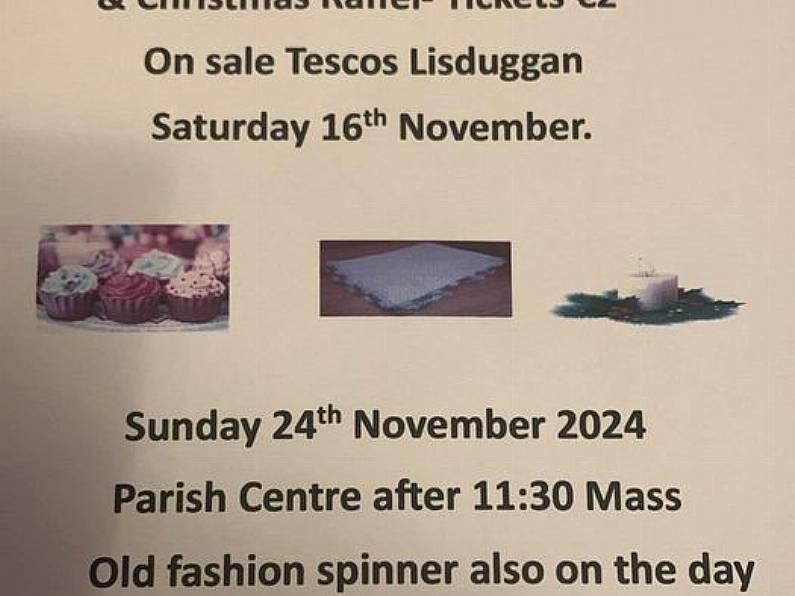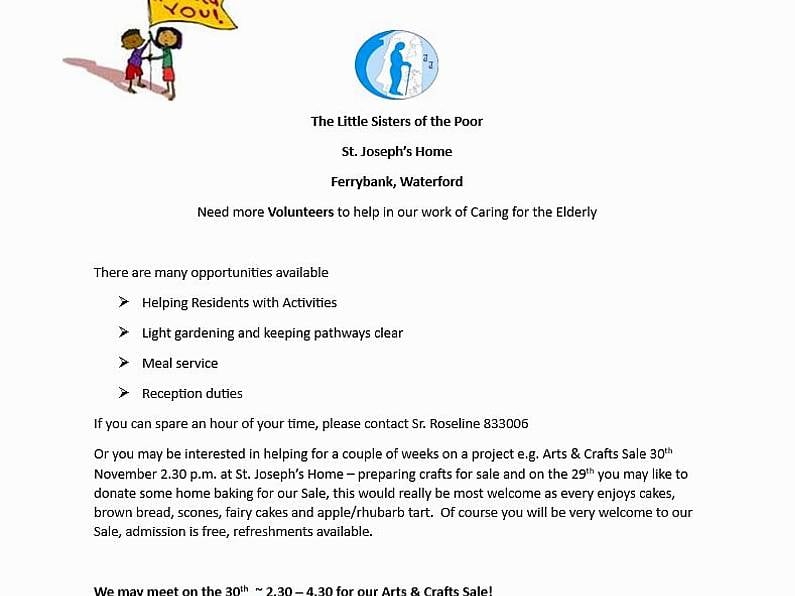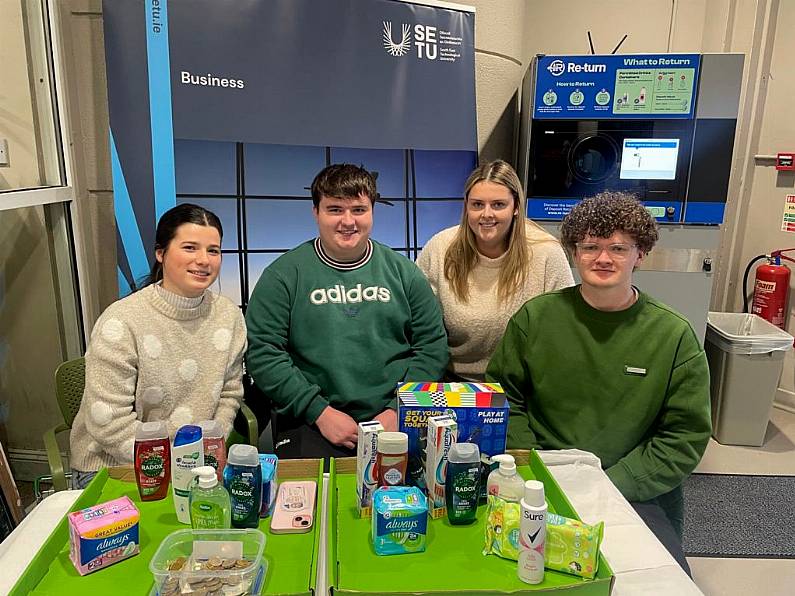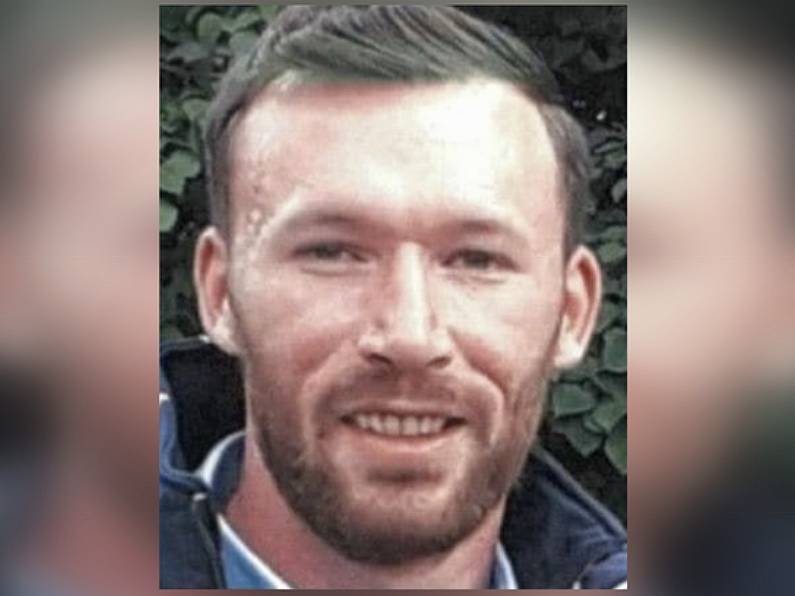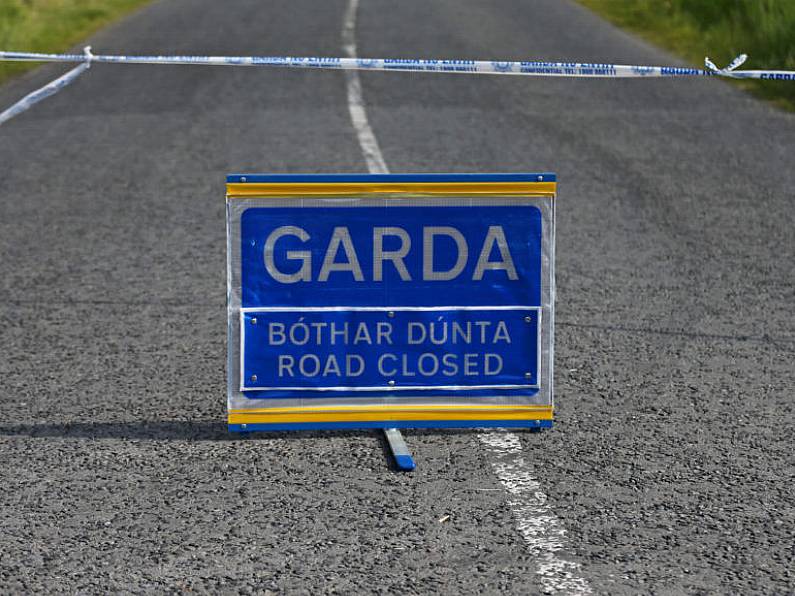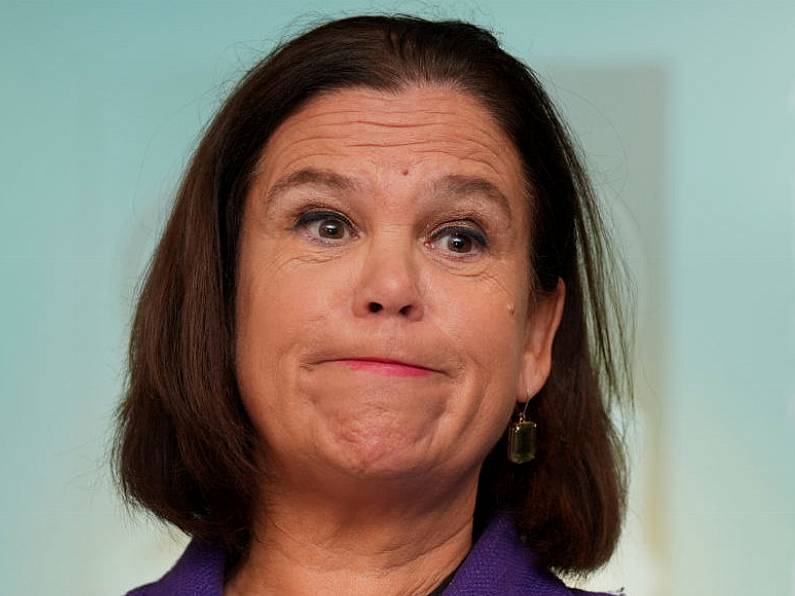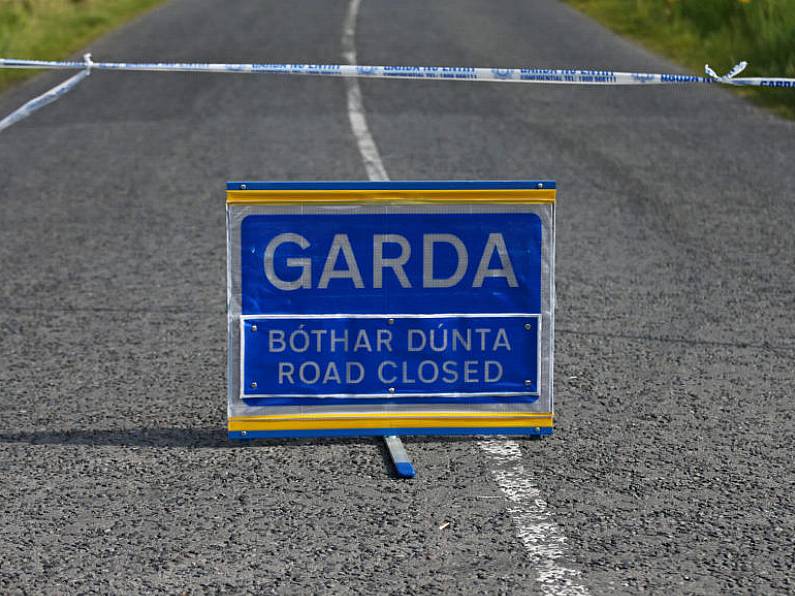By Press Association
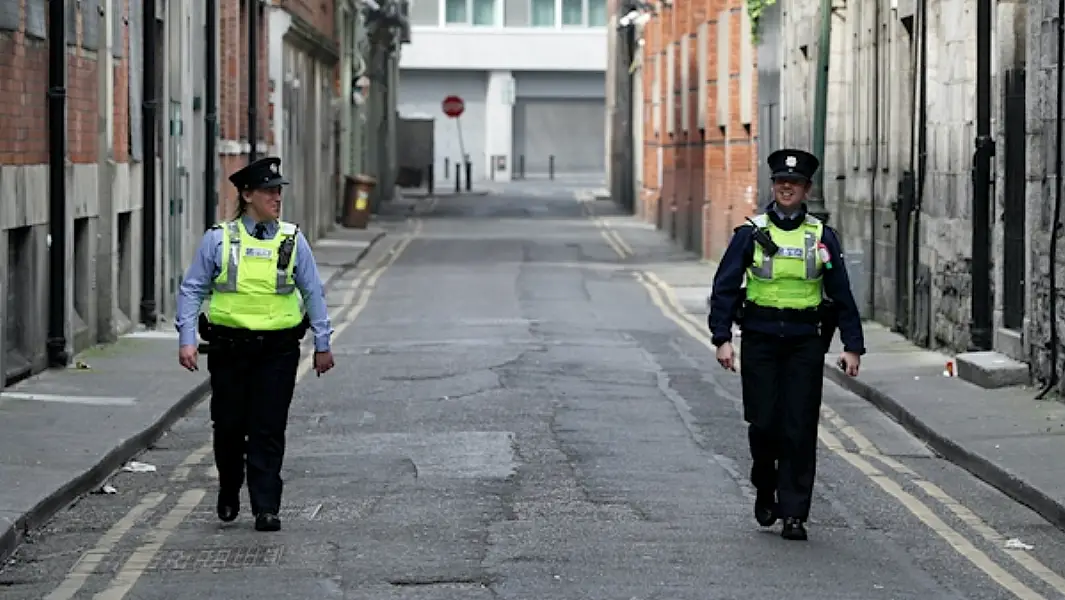
There will be no return to normal once coronavirus restrictions are lifted, the health minister has said, as he dismissed the idea of an immunity passport to allow people to return to work.
It comes as the current restrictions on movement, due to expire on Easter Sunday, are being extended to May 5.
These include the closure of non-essential businesses and everyone being asked to stay at home wherever possible.
Speaking at the Department of Health on Saturday, Simon Harris said Ireland is “at a delicate and critical point”.
Irish economists suggested this week that young healthy workers should return to the workforce.
Mr Harris said: “It would be brilliant if any country could get to a point where we can test for the virus and see if we had immunity.
“The truthful answer is we have not found a reliable test to check if someone has had the coronavirus.
“We don’t know how many of us in this country or any country in the world could have gotten this virus.
“It could have been very mild or you might have had it and you did not realise. I think we’re going to see a lot of developments in that space.
“What I want to say to economists is – this is a public health emergency. The way we will come back as a country and an economy is by dealing with the public health crisis.
“If you want our economy to come back we need to allow the virus to be suppressed as quickly as possible.
“The difficulty for everyone in this country is that we are not going back to normal life in May.
“It is going to be a new normal. I don’t want to worry or upset people but we need to work as a people to get to a better place.
“I’m concerned with the toll of restrictions on people’s mental health. It is not normal that you can’t go out and about or that you can’t visit your family in Easter Sunday.
These are abnormal things that we are asking people to do and it sucks and it is challenging.
The number of Covid-19 cases in the Republic has been updated by the National Public Health Emergency Team (NPHET).
Originally they said there were a total of 7,054 confirmed cases as of Friday, but that number was later revised to 8,089 cases, after some 14,000 samples were returned from labs in Germany.
Of the samples that were sent to Germany, 1,035 were positive for the virus.
Mr Harris said he hoped the backlog of testing will clear next week.
He said Ireland has more testing capacity than most other EU countries and testing per head of population is the fifth highest in the EU.
“Between 25,000 to 35,000 tests have been sent to Germany. It is our hope and expectation that any backlog will be cleared by next week.”
The current restrictions started on Friday, March 27. They mandate that everyone should stay at home, only leaving to:
- Shop for essential food and household goods;
- Attend medical appointments, collect medicine or other health products;
- Care for children, older people or other vulnerable people - this excludes social family visits;
- Exercise outdoors - within 2kms of your home and only with members of your own household, keeping 2 metres distance between you and other people
- Travel to work if you provide an essential service - be sure to practice physical distancing






